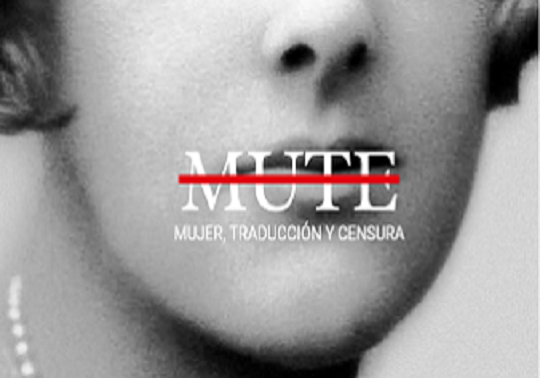
Through the University Institute of Women’s Studies (IUED), which gathers professors, researches and students of Postgraduate Studies; the UV carries out an important labour at the field of interdisciplinary research, aiming at a scientific update, a reviewing of the teaching materials that are currently used and promoting the creation and use of non-sexist materials.
29 september 2016
The IUED collaborates, at the same time, with academic and institutional entities: the Institute of Women (Ministry of Health, Social Services and Equality), the General Directorate of Women of the Valencian Department of Social Welfare (Valencian Government), the University Association for Women Studies (AUDEM), Ediciones Cátedra (with which it publishes its “Colección Feminismos” (Feminisms Collection) since 1991, where there are integrated more than 100 titles); and several Spanish, European and American Universities.
Their current lines of investigation are:
- Feminine citizenship, politics and equality.
- Women’s and Gender’s History.
- Gender relationships and work organisation.
- Subjectivity and Gender: Implications of socio-cultural models in the psychological development and health.
- Gender, culture and society.
In this framework, inside the various publications that this Institute comprehends, we find its collection “Quaderns Feministes” (Feminist Notebooks). For all of you who didn’t knew of its existence, here we compile some of its titles, as well as the places where you can acquire them, since we find crucial their visibility in order to educate the whole society. Nevertheless, we recommend visiting its website to learn more about the department and the collection.
- These are some of the titles:
“Desafíos de la mirada. Feminismo y cine de mujeres en España" (Challenges in the look. Feminism and women's cinema in Spain), by Silvia Guillamón Carrasco (2015).
It explores the relationships between feminism and the “women’s cinema”, both understood as discursive spaces that defy the traditional gender models built under Franco’s dictatorship. The approach to this topic is carried out from two fronts: on the one hand, broaching questions that concern the filmic semiotic and the gender theory; on the other hand, going deep into the discussion about francoism and the political, social an cultural changes that occurred during the democratisation process.
"Trayectorias del deseo: literatura, psicoanálisis, feminismo" (Trajectories of desires: literature, psychoanalysis, feminism), by Silvia Tubert (2014).
It offers an interdisciplinary study that aims to confront from the feminist theory’s point of view two types of discourses: the literary and the psychoanalytic. The author analyses literary texts by authors from different nationalities with the objective of carrying out a reflection about language, sense, desire, the identity construction and subjectivity.
“Lectoras transversales. La lectura de ficción en una biblioteca de mujeres” (Transversal readers. The fiction’s reading in a women’s library), by Eiisa Sanchis Pérez and Cristina Giner Arbio (2012).
This book is born of the authors’ professional practice in a Library specialised in women, of the interest in the literature as a fiction art and the reading animation. As a the result of the concerns that have directed and guided their library work, appears the study Transversal readers: the fiction’s reading in a women’s library, which pursues a double end. On the one hand, it aims to go deeper in the reading behaviour of the female users who read novels in a specialised library, and relate it to other cultural behaviours. On the other hand, it aims to work in defining a possible typology of fiction readers.
“El feminismo de Estado en España: El Instituto de la Mujer (1983-2003)” (The State feminism in Spain: the Institute of Women), by Celia Valiente Fernández (2005).
Since the 70s, have been founded in most countries institutions whose main task is to improve the status of women as a group and to end inequalities between women and men. Similar organisations have also been established at the regional and local levels. In social sciences, this set of institutions is called “State feminism," "institutional feminism," or "official feminism," and people who work in these “organisations (or agencies) for equality” or “feminist institutions are called “State feminists”.
“Mujeres y ciudadanía: la democracia paritaria” (Women and citizenship: parity democracy), by Julia Sevilla Merino (2004).
The history of Fundamental Rights participates in the interests of its protagonists: on the one hand, they consecrate the idea of equality for everyone, in an abstract way, which presides over the emergence of the Rule of Law and the first constitutional and legal texts. On the other, they defend the discriminatory treatment and inferiority of women. In the public sphere, their exclusion reaches the highest level in all representative or emanating from political power institutions, even though women could vote and be elected.












